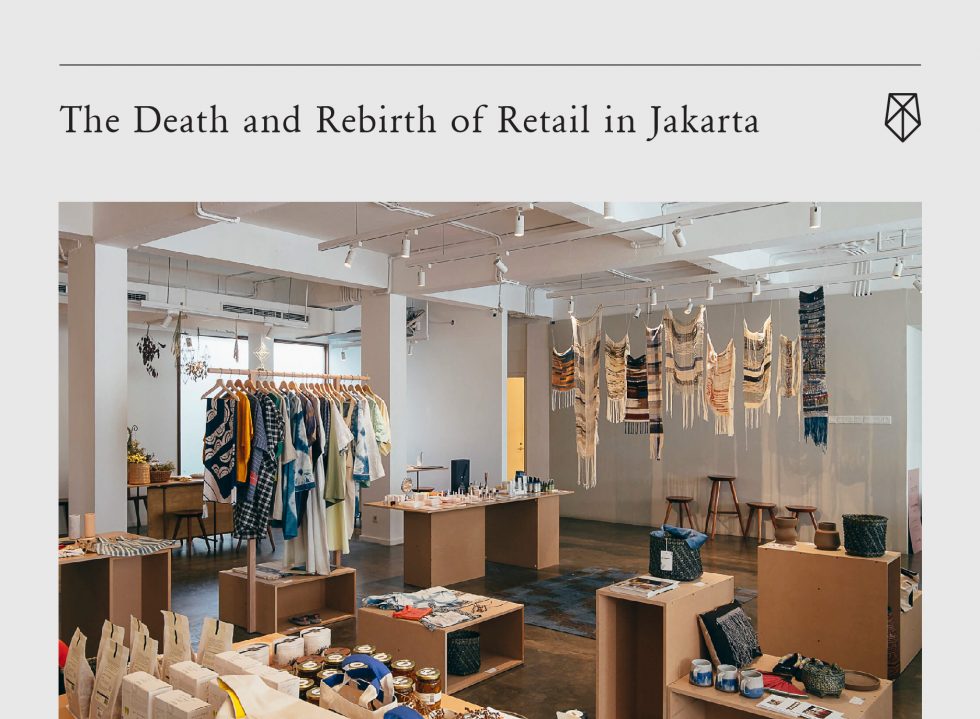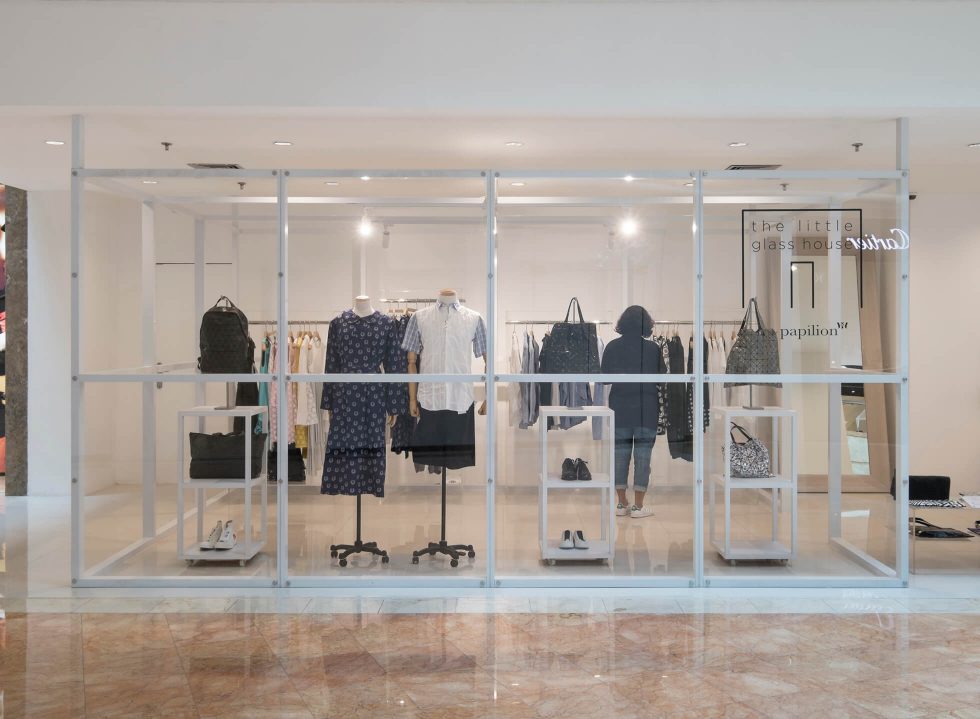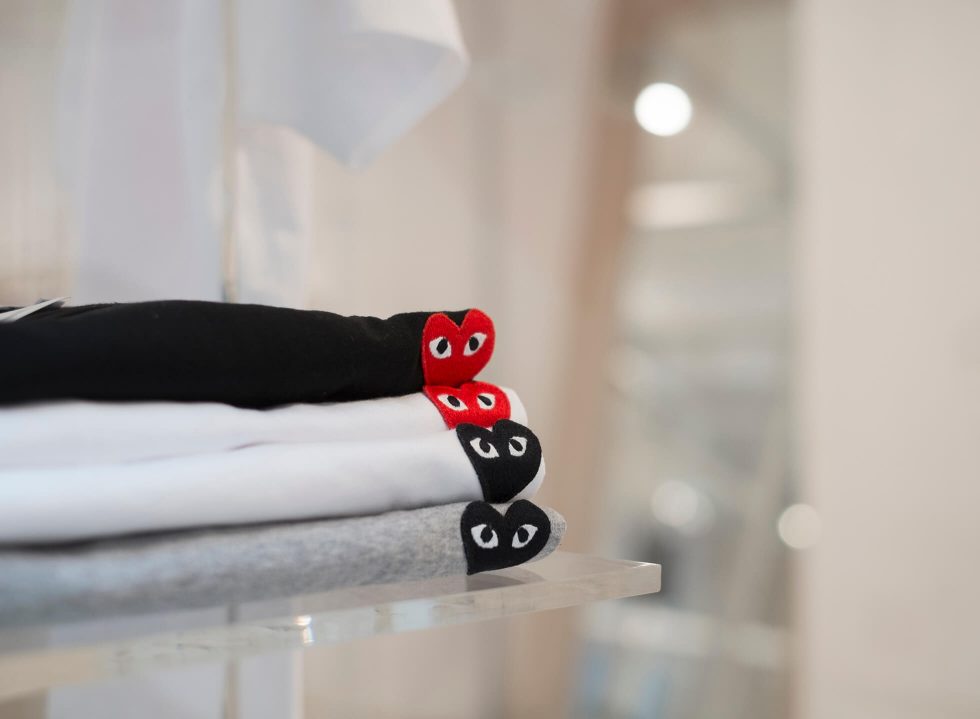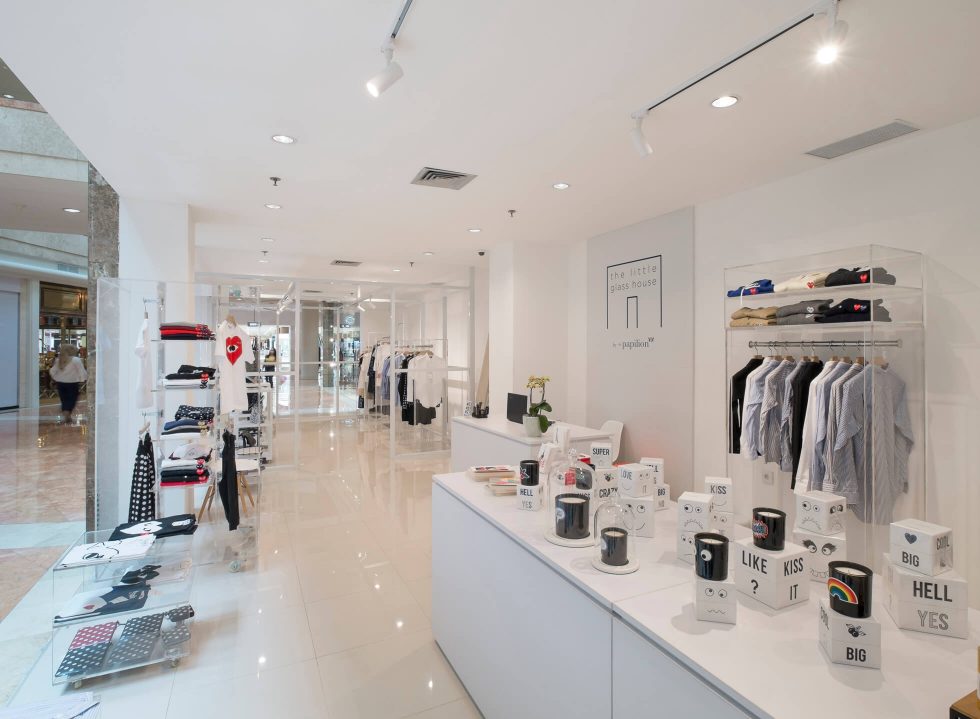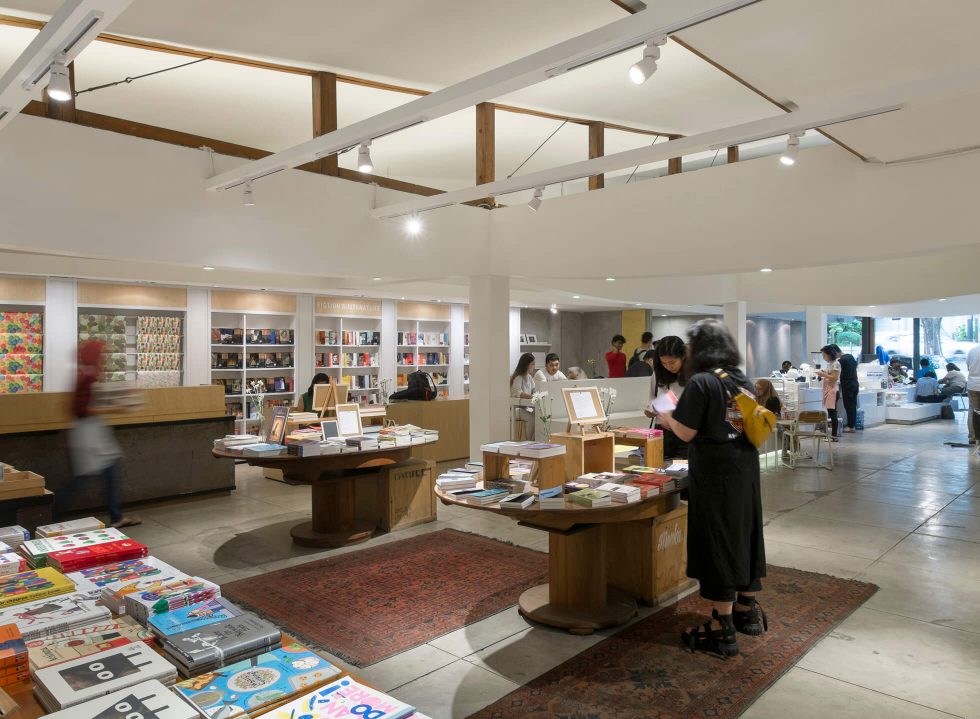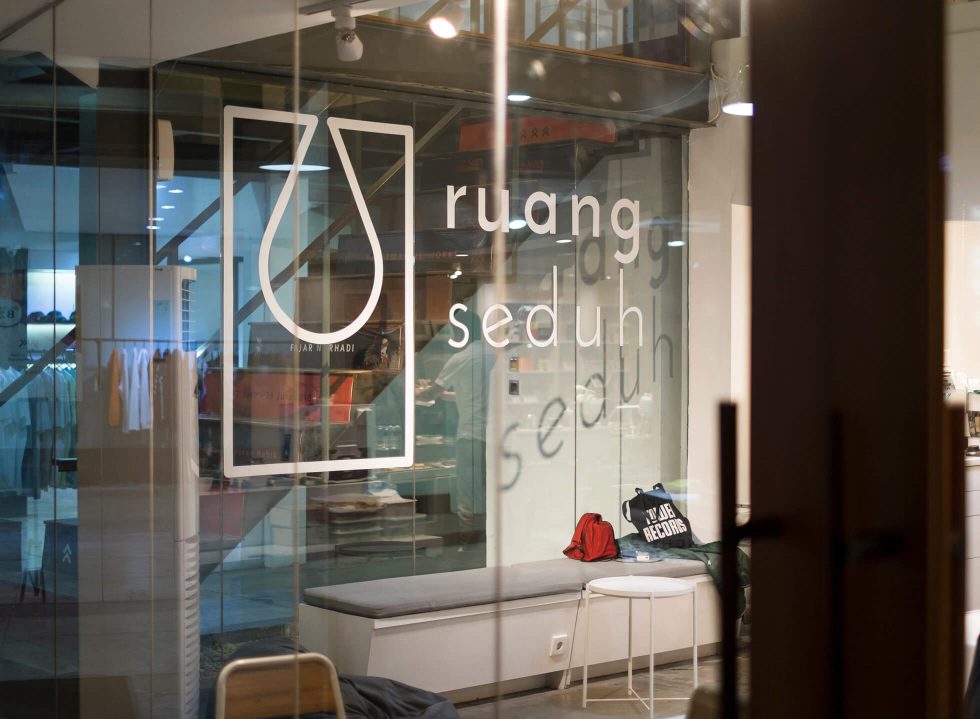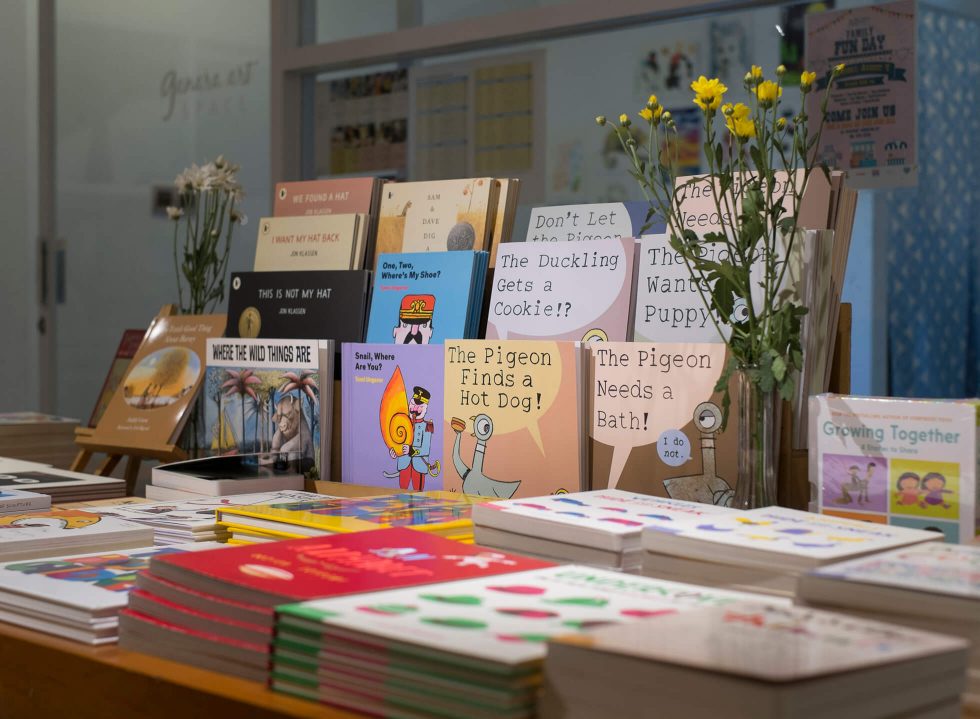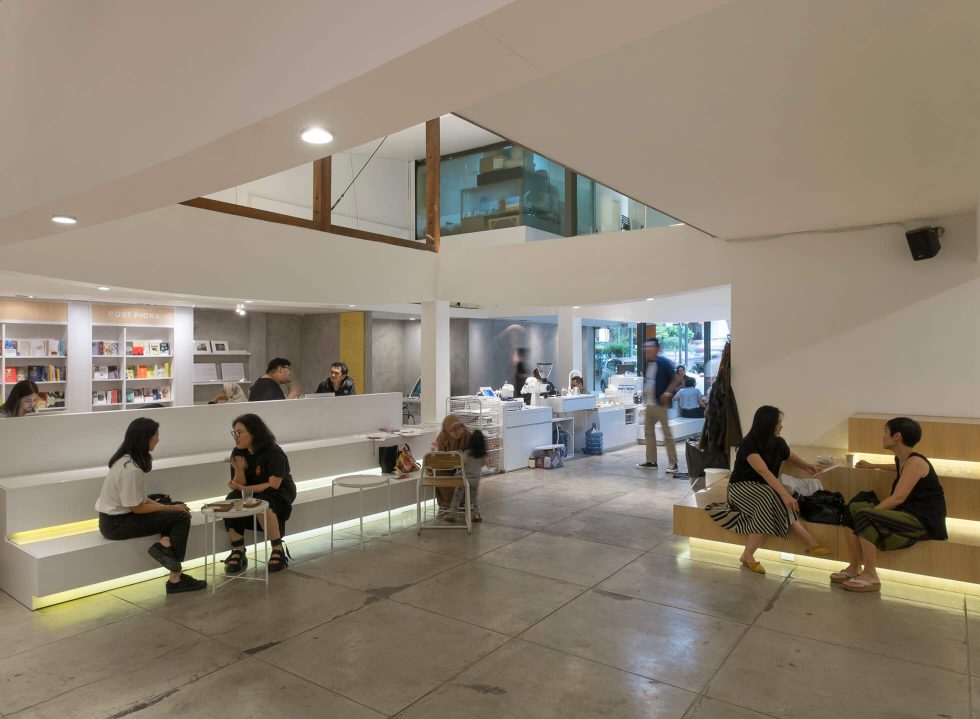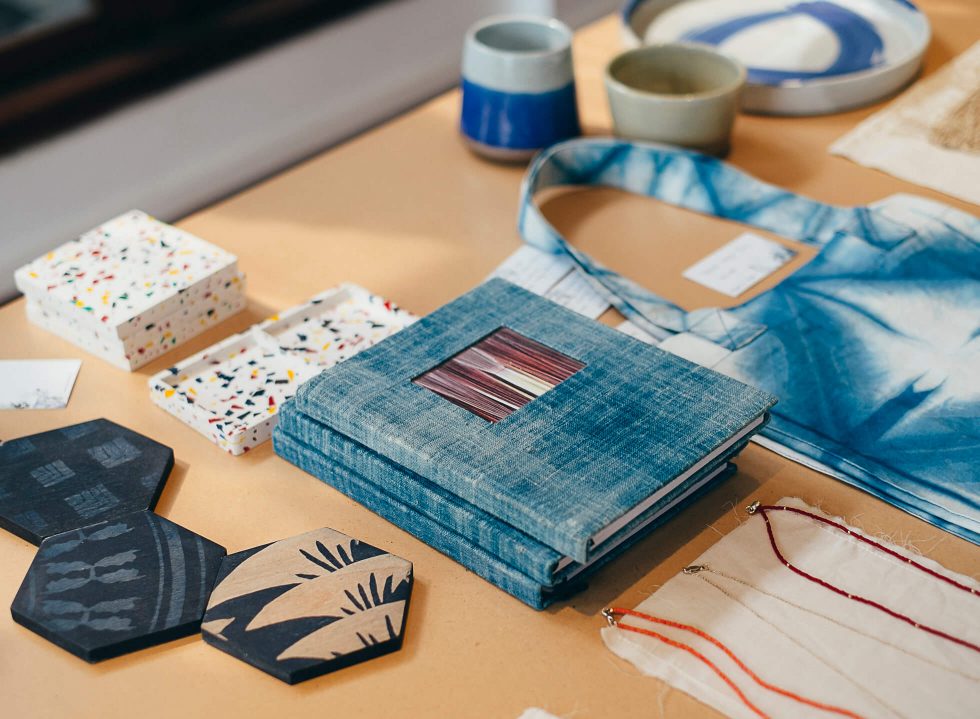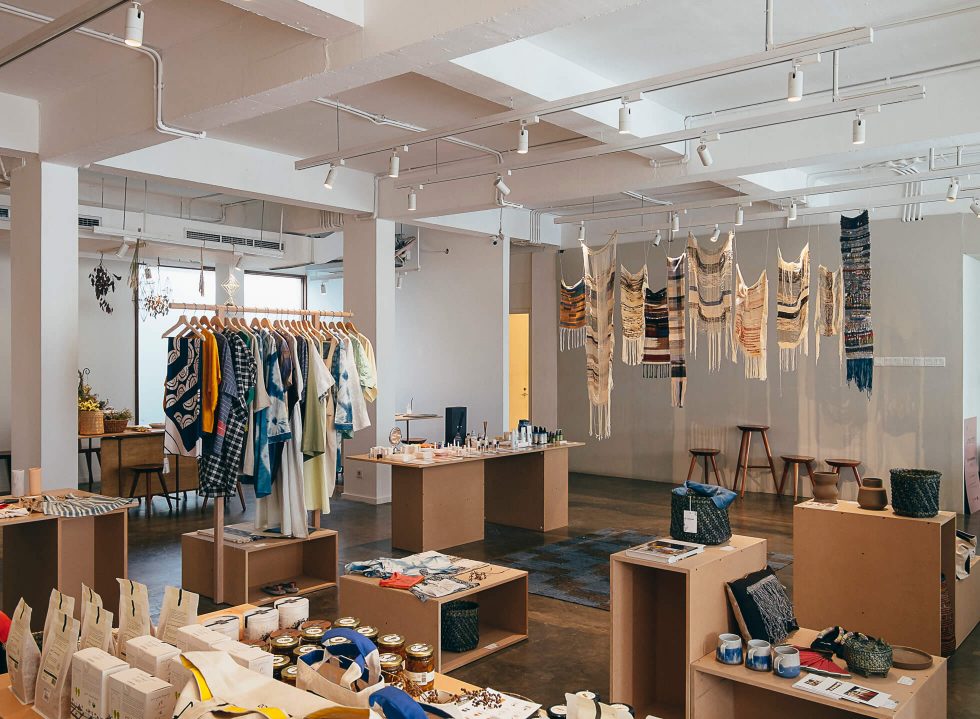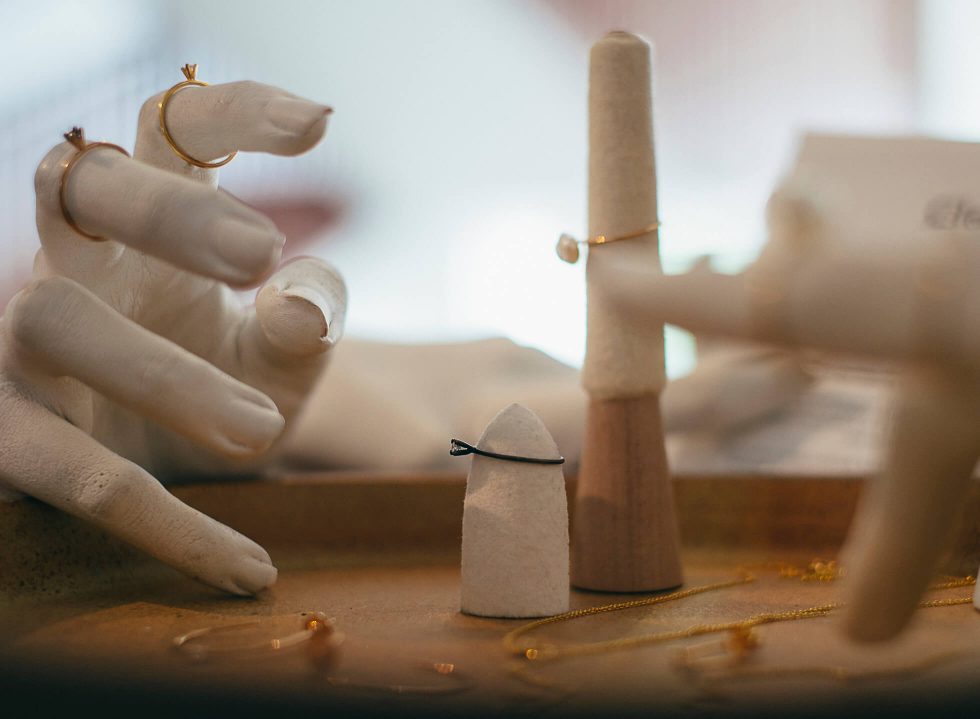On April 15th, 2018, the popular Aksara Bookstore celebrated its last day as a retail operation. “Let’s gather and pay tribute to the good times we had,” is written on the e-invitation of the event.
It’s a worrying truth that paints a harrowing picture of brick-and-mortar retail businesses in the past few years. We’ve heard it promulgated in the news and contemporary narratives countless of times: retail is dead. Like a well-rehearsed line, economic analysts and observers alike have been hammering away at the facts and figures that expose the issue.
Over the past few years in the country, major physical retails across a variety of sectors – such as fashion, F&B, toys, music, books – have floundered. Among them, leading department stores such as Matahari Department Store and Debenhams have closed down a handful of its branches. In the F&B side, the shutdown of 7-Eleven towards the end of 2017 were the breaking news: the convenience store closed down all its 185 chains in Indonesia.
“We saw that it’s going to be tough to continue.”
But enough about the behemoths. If we shift our gaze to smaller independent retailers, would it tell a similar narrative?
Aksara, for one, suffered quite a blow after having to shut down two of its brick-and-mortar offshoots, which were both housed in two of Jakarta’s major shopping malls. “The operational costs in these branches exceed the revenue. After reviewing the store’s annual financial report at the end of 2017, we saw that it’s going to be tough to continue,” says Creative Director of Aksara Bookstore Adinda Simandjuntak.
Established in 2001, the bookstore stocks a variety of imported and local goods, ranging from books and stationeries to music, unique trinkets and collectables. With a huge composition of imported goods on display, there are exorbitant shipping rates and import duties to be dealt with. The next thing you know, product prices swell in order to make up for all the costs.
The high price proves to be an issue for customers, Adinda explains. The disjunction between skyrocketing rental price and the sluggish flow of revenue has seen the retail brand “closing down all other branches outside its Kemang headquarter” she continues.
On the other side of the issue, online retail brands flourish even more profusely in Indonesia. As Internet use and citizens’ digital literacy increase, so does e-commerce. According to a study by Google and TEMASEK titled The Opportunity of Indonesia, Indonesia has a substantial amount of online buyers, marking at 18 million users in 2015, which represented about 7 per cent of the country’s population. Furthermore, the report predicted that the number will increase sixfold by 2025.
Online presence is considered as a necessity.
To those wanting a quick answer to “the death of retail” narrative, perhaps, would easily put the blame on the rise of e-commerce – whether it be the giants like Amazon, Tokopedia and Blibli, or independent brands. Especially of the latter, to which online presence is considered as a necessity. Some retail brands would even deem it as a rite of passage, a highly-calculated transition from offline to online. But to some other small-scale retail brands, online is the only method for them to sell.
One such case is Chic & Darling, a lifestyle brand with a huge following among women and youth in Jakarta. “We didn’t have enough capital to start an offline store,” says founder and owner Kania Annisa Anggiani. In their first year, Kania started posting her handmade pillowcases on Instagram, equipped only with basic photography skills. Her passion and effort have come to fruition, albeit at a gradual pace.
The Instagram page has now evolved into a website, with products that have matured into a collection of home goods, stationery, and – launched very recently – a ready-to-wear fashion line. In March this year, the brand just celebrated its fifth birthday.
“It’s all has been a snowball effect since the start. We didn’t aim to gain a certain amount of followers and how many likes we get,” she admits. “Because followers are not equal to sales. The most important thing is the high level of engagement with our customers.”
There may be myriads of reasons why some brick-and-mortar brands didn’t make it, but a lesson that can be reaped from Chic & Darling is, perhaps personal engagement with customers plays a crucial role in growing a retail business. When a customer has complaints on product quality, sometimes Kania would personally write an apology letter, before sending off the product replacement along with an additional item as a gift.
“I personally like to be treated that way as a customer, so I always place myself as one,” Kania continues. Despite that, she wishes to connect more with her customers beyond just sending personal memos. Hence, the pop-up shops. Every now and then Chic & Darling has been involved in bazaar and markets by opening a pop-up booth. “It feels fulfilling if you could serve your customers directly. They will remember us, how we serve and treat them, and how personal we are to them.”
Opening a pop-up store is notably easier, effective and, unmistakably, cheaper.
Pop-up shop, a bandwagon that independent retail businesses have jumped onto. Rather than launching a second store that comes all together with hefty rental and operational expenses, opening a pop-up store is notably easier, effective and, unmistakably, cheaper.
Following the shift of consumers’ behaviour when it comes to shopping, stores have to wrack their brains to get creative. Steve Dennis, a strategic advisor and keynote speaker on retail growth and innovation, couldn’t have said it any better. Under an article with the headline, Physical Retail Is Not Dead: Boring Retail Is in Forbes (19th of March, 2018), he wrote, “…boring, undifferentiated, irrelevant and unremarkable stores are most definitely dead, dying or moving perilously close to the edge of the precipice.” There hasn’t been a time where it is more urgent for brick-and-mortar retail brands to be inventive.
For the past couple of months, the second floor of One Fifteenth Coffee in Gandaria wears a different identity. Ceramic vases, wooden coasters, shibori-dyed tote bags, and loungewear, all displayed neatly on wooden tables and clothing racks. The coffee shop has been a host to Unearth, a pop-up store by Canaan Bali and ceramicist Ayu Larasati.
As a Bali-based boutique store, Canaan Bali is a well-known advocate of handcrafted products by local artisans. But doing absolutely well in terms of sales didn’t immediately propel them into branching out with a second physical store. Emmelyn Gunawan, founder and owner of the retail brand, went instead with opening a pop-up at the coffee shop, which comes with lower operational expenses.
“You get more freedom to think outside of the box. It’s a blank canvas and you know since it’s a pop-up, you can do whatever you want. You give it your all; even if you failed, it’s still a pop-up as it won’t permanently affect the business on the long term,” says Emmelyn.
Regardless of its short-term nature, pop-up doesn’t have to ‘look’ and ‘feel’ temporary.
The pop-up has been greatly received among Jakartans, for they are mostly “curious to come and see, as shops are usually in malls and we are above a coffee shop.” Once in a while, craft workshops are held on the venue as a way to highlight the story behind their products, which luckily, comes with a bonus: more customers and wider recognition.
The false image of a pop-up shop – that flimsy and makeshift structure of a pop-up booth that screams ‘temporary’ the moment you see it – has no doubt sunk deep into our subconsciousness. Regardless of its short-term nature, pop-up doesn’t have to ‘look’ and ‘feel’ temporary. Something that upscale boutique store The Papilion adheres to.
The Little Glass House, the first pop-up store by the boutique, is located in Plaza Senayan. The structure of the store is, indeed, far from temporary. A sturdy glasshouse-like structure stands on the venue –miniature construction that mimics its elegant flagship in Kemang. But a slight alteration like the absence of doors and solid walls at the pop-up greatly improves the amount of visiting customers.
“How customers shop and ‘where’ they shop are undeniably evolving … [but] the term ‘retail apocalypse’ feels more like a premature verdict to us. We are seeing the change in retail dynamics more like a cyclical nature of the business,” says Katarina Yutta Crisia, Brand Manager of Papilion Duo, a child brand of The Papilion. One of the immediate benefits of opening a pop-up is how they “get to be where the customers are.”
People in the middle to upper classes have begun to shop for experience, where they “spend the money for leisure”.
According to the chairman of Indonesian Retail Merchants Association (APRINDO) Roy Mandey, the growing need for leisure has led to people seeking for a shopping experience that hones in on the aspect of recreation and relaxation. As quoted from CNN Indonesia, Roy stated that people in the middle to upper classes have begun to shop for experience, where they “spend the money for leisure”.
“Retail businesses have started to incorporate this element of leisure into shopping,” said Roy. One of the ways, he said, is by combining one type of retail business with a different type of business. A concept that both Canaan Bali and The Papilion have embraced, by arriving in a coffee shop and a shopping mall respectively.
As a result, this would provide customers with more activities to choose from. For instance, in Unearth’s case, customers of One Fifteenth could shop while meeting a friend over a cup of coffee. Even further, both retail businesses would benefit from the exchange of traffic. This is something which the new Aksara Bookstore would happily attest.
The old Aksara building in Kemang is lively with people. Adinda Simandjuntak greets arriving customers every now and then. It’s Monday, but the flow of visitors is steady and diverse in terms of age and background. A couple of students observe Aksara’s bookshelf as they argue which books that they should purchase. A tattoed man gulps down his coffee at Ruang Seduh, waiting for his child who is currently in a painting class at Ganara Art. These people visit Aksara with varying purposes.
“What people need is alternative options.”
Aksara has evolved. Its headquarter in Kemang that previously serves as a bookstore as well as head office, has transformed into a dynamic compound with a variety of tenants: Ruang Seduh coffee shop, Ganara Art that hosts children and adult art classes, Kinosaurus micro-cinema, film developing lab (Lab) Rana, record shop La-La Records, and many more to come. At the epicentre of this clash of varied culture and interests, is Aksara Bookstore who occupied only a third of its previous sprawling area.
“People still associate Aksara with a bookstore. It is indeed smaller, but it’s the heartbeat [of the compound],” says Adinda, who has worked in Aksara for 10 years. The bookstore itself has switched up its concept where the retail has now joined forces with POST (an independent publisher and bookstore, located at Pasar Santa) to curate a selection of titles from the country’s independent publishers and writers.
When it comes to books and literature, Adinda observes that Indonesia has had industry giants that cater specifically to the mass market. “What people need is alternative options,” she says fervently. “On our opening day, one indie publisher and writer congratulated us for returning to our independent soul. It’s not untrue, and it’s not a bad thing either. Because since its inception, Aksara is all about non-mainstream options anyway.”
Catering to a specific community instead of mass is a strategy that is endorsed by Steve Dennis as well. As quoted from his Forbes’ article, he wrote, “… the stores that are swimming in a sea of sameness – mediocre service, over-distributed and uninspiring merchandise, one-size-fits-all marketing, look-alike sales promotions and relentlessly dull store environments – are getting crushed.”
Retail businesses must keep up with the ever-changing consuming behaviour of their customers.
So, is retail apocalypse an accurate verdict? As a matter of fact, these independent retail stores show the opposite. And these are just a small number that represents the category. Think Cotton Ink that has branched out to physical stores, and recently established a couple of offshoots at shopping malls. Or The Goods Dept., which was born from the popular Brightspot Market, and now has a solid presence with six stores and restaurants in major shopping malls.
“The death of retail” narrative is the result of oversimplification and poor assessment towards the retail industry. It’s a statement that can’t be applied to the entire retail businesses by and large, for there are numerous reasons and layers that are involved in the survival of each retail store.
But one thing for sure, retail businesses must keep up with the ever-changing consuming behaviour of their customers in order to maintain their presence. As echoed by Kania of Chic & Darling, “The fact is things are moving forward. If you don’t adapt to it, you’ll be left behind. They need to jumpstart their businesses in order to become a brand that is more progressive and engaging.”
